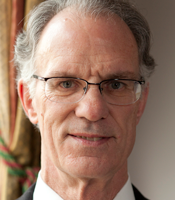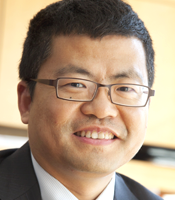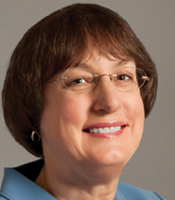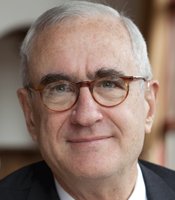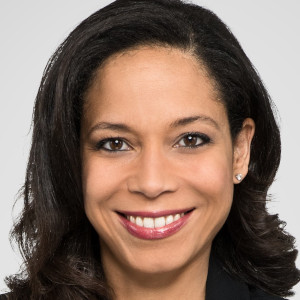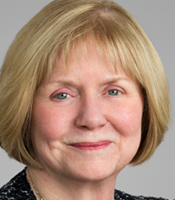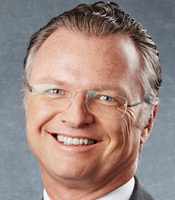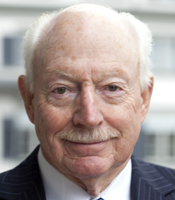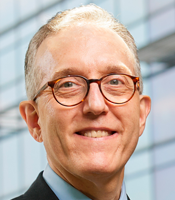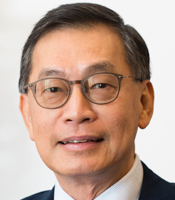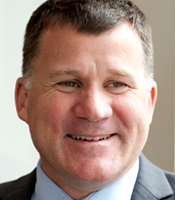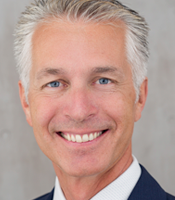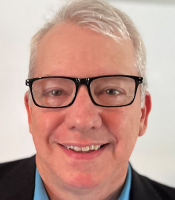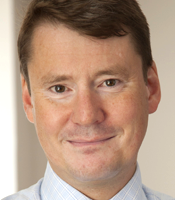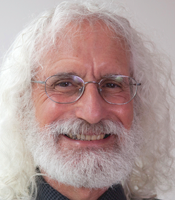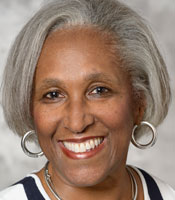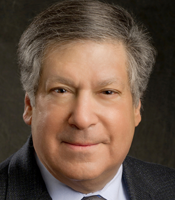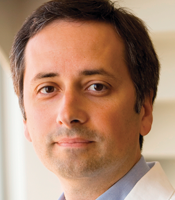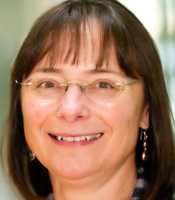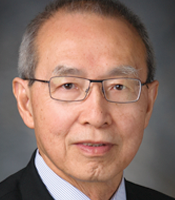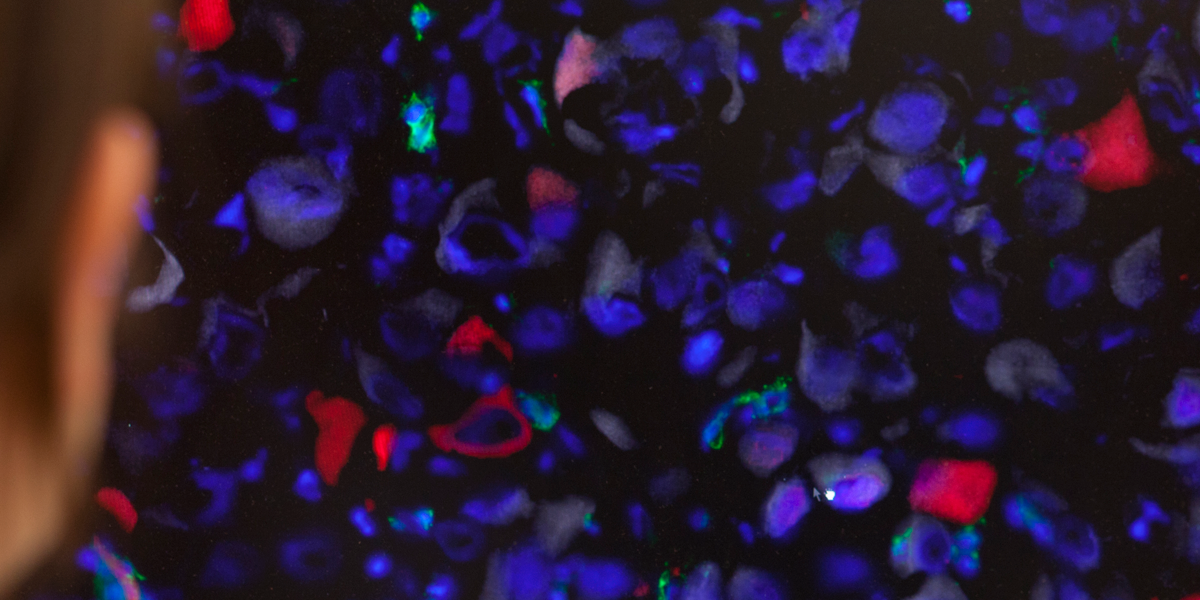Daniel K. Ludwig was born June 24, 1897, in South Haven, Michigan, USA. By the 1960s he was among the richest men in the world, with a self-made empire of some 200 companies. By the time of his death, he had pioneered the modern supertanker, participated in major oil and gas projects throughout the world, become a major investor and operator in the production of coal and other minerals, acquired and developed luxury hotels and other real estates, and developed a forest-products and agricultural enterprise that encompassed three million acres in the Amazon basin.
In 1971, he launched the Ludwig Institute for Cancer Research (he had to be persuaded strongly to allow his name to be used), endowing it with nearly all of his international holdings. That endowment is managed by the LICR Fund.
Upon his death in August 1992, Mr. Ludwig’s estate also provided for cancer research support at six leading U.S. academic institutions.
READ DANIEL LUDWIG’S FOUNDING STATEMENT
How we’re organized
The Ludwig Institute for Cancer Research Ltd is an international not-for-profit organization with a legacy of pioneering cancer discoveries that spans more than 50 years. The Institute provides its scientists with the resources and the flexibility to realize the life-changing potential of their work and see their discoveries advance human health. This philosophy, combined with robust translational programs, maximizes the potential of breakthrough discoveries to be more attractive for commercial development.
The Ludwig Institute conducts its own research and clinical trials, bridging the most basic questions of life to the most pressing needs of cancer care. Since its inception, the Institute has invested more than $1.8 billion of its own resources in cancer research, and has an endowment valued at $1.5 billion.
In addition, Ludwig Centers and Ludwig professorships have been established at six leading U.S. institutions. The Centers, created in 2006, operate independently of the Ludwig Institute but work collaboratively with each other and with the Institute at the forefront of cancer research. Each Center has a secure level of funding that generates more than $2 million a year in perpetuity. This funding empowers the Centers to attract the best and brightest scientists and provides unconstrained resources to tackle the most challenging projects for the benefit of cancer patients.
